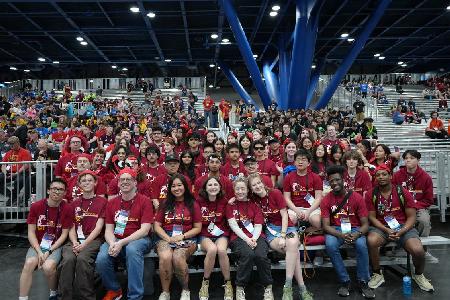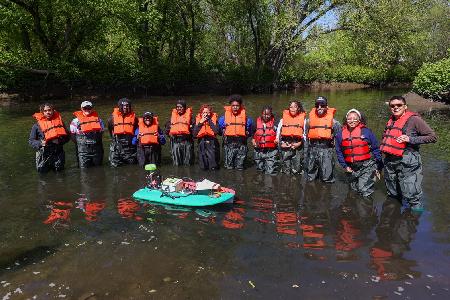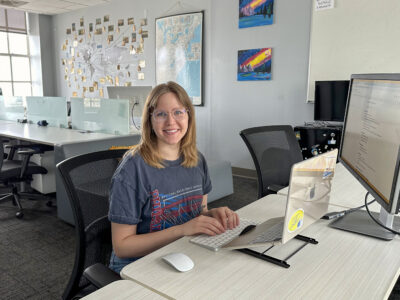After a dozen years of running his business in Bucks County, Neil Harner is breaking in to Philadelphia proper.
The move comes in the form of an acquisition: Harner’s digital agency Inverse Paradox purchased a small Kensington agency called VIUS. (Harner said he paid a small sum for the business. VIUS owner Vinh Chau declined to comment on the acquisition.) It acquired VIUS’s clients as well as its two employees. Inverse Paradox is also taking over VIUS’s office.
It’s a way to get more involved in the local tech scene, host events and make it easier for suburban employees to participate in Philly meetups. He hopes it’ll make it easier to hire and to find Philadelphia clients.
“We do have a few clients in Philadelphia but we’ve found that the Philadelphia culture is very tight-knit and likes to deal with ‘local’ businesses even though we are about five minutes outside of the city border,” Harner wrote in an email. “So we’re hoping that strategically by reinvigorating VIUS, since it’s already Philadelphia based, we can build stronger bonds with the Philadelphia community.”
The company’s customers include Inked Magazine, Dietz & Watson and Unclaimed Diamonds.
Harner said he’ll keep the VIUS branding for now, as to not alienate its current customers, but is considering how best to move forward.

Inverse Paradox took over the Kensington office of VIUS. (Courtesy photo)
The new office feels counter to another development at Inverse Paradox: the company’s new, 100 percent remote policy. On any given day, Inverse Paradox’s 18 employees, a third of whom live in Philadelphia proper, can work wherever they want — the Fishtown office, the original Penndel office or from home or a coffee shop.
The change stemmed from the cofounders wanting more flexibility: director of operations Melissa Cherepanya has a one-year-old son and wanted to spend more time with him, while Harner was spending more time working remotely because he runs Philadelphia University’s Interaction & Animation program.
A remote policy “would give us time and freedom to focus on other things that are important to us in our lives,” said Harner, 29, who lives in Langhorne.
It’s a refreshing notion — the bosses saying that work isn’t the only important thing in their lives and making policy changes around that.
As they developed a remote policy based on their needs, the cofounders wondered: why not afford their employees some of that freedom?
They tested the theory when one of their WordPress developers, John Goerl, moved to Michigan because of his wife’s medical residency. They didn’t want to lose him as a developer, so they let him work remotely and it’s been successful, Harner said.
Since they implemented the 100 percent remote policy, Harner estimates that staffers spend about half the time in the office and half the time working from elsewhere.
“In terms of my expectations, I expect my team to work the hours needed in order to meet our deadlines,” he wrote. “As far as how, when, and where they work, this isn’t my concern as long as how, when, and where doesn’t effect our ability to deliver on time, on budget, and with the quality standard we expect.”
Join the conversation!
Find news, events, jobs and people who share your interests on Technical.ly's open community Slack

Philly daily roundup: UPenn's AI master's degree; Advice for EDA Tech Hubs; Last day of ACP

Philly daily roundup: Technical.ly's new editor; Meet Diversitech's founder; Flaws in planned TikTok ban

Edtech CEO looks back on the promises of summer 2020: 'It never rang true to me'

